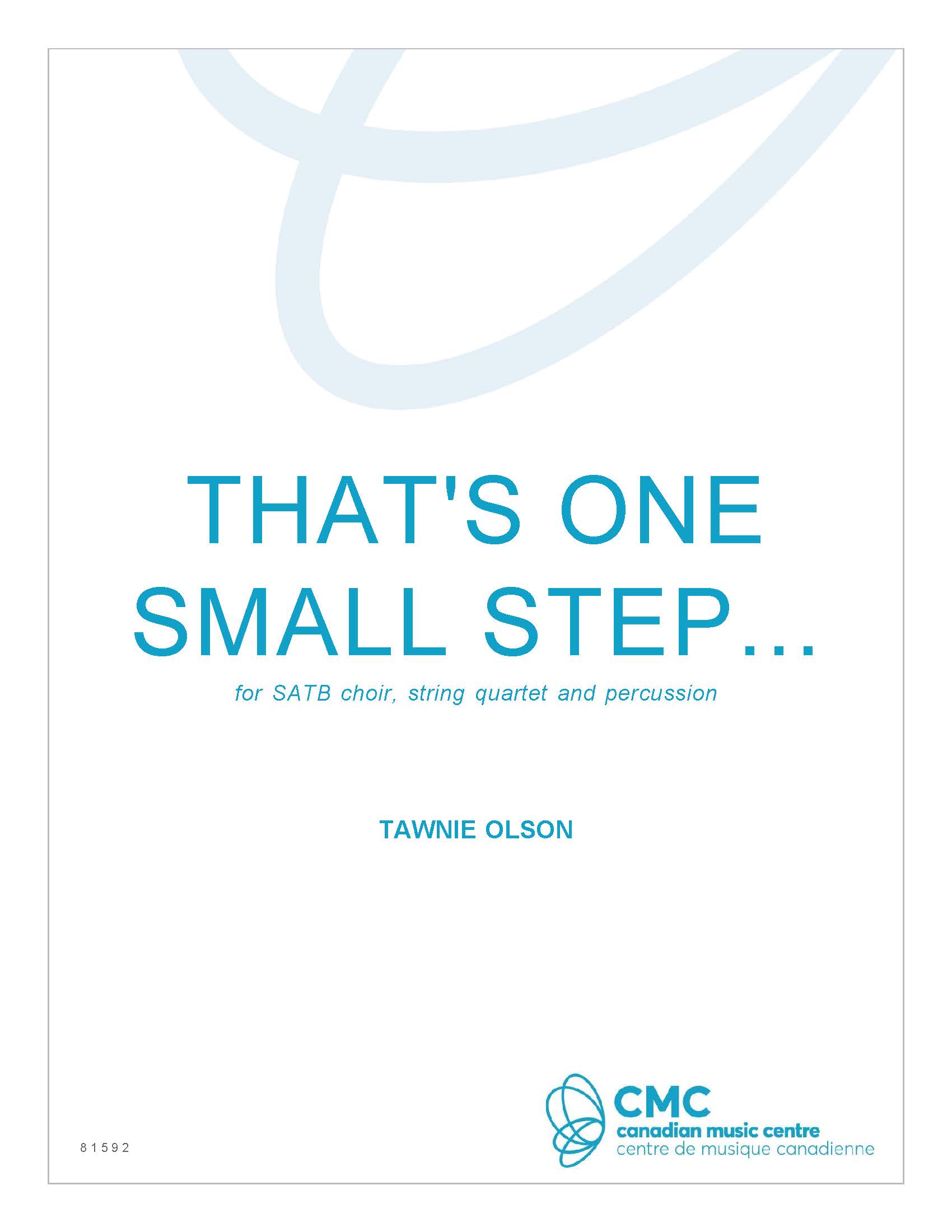“Here men from the planet Earth first set foot upon the Moon, July 1969 A.D. We came in peace for all mankind.”
– Plaque mounted on the Apollo 11 Lunar Module landing gear
“Personally, in reflecting on the events of the past several days, a verse from [the] psalms comes to mind: ‘When I consider the heavens, the work of thy fingers, the moon and the stars, which thou hast ordained; What is man, that thou art mindful of him?’”
– Buzz Aldrin, Television broadcast, July 23, 1969
So much has been written about the Apollo program, and – as authors like Margot Lee Shetterly have demonstrated – so much more deserves to be written and shared about it, that it is impossible for a mere composer (who can set only a tiny bit of text) to do justice to the whole fascinating story. Instead, I used each movement of this piece to look at aspects I found musically suggestive.
In researching this piece, I learned that countdowns before rocket launches are an American invention, done for dramatic effect (Yuri Gagarin simply said “Poyekhali!” – “Let’s go!” – at his historic launch), and that influenced how I set Jack King’s famous words from the launch of Apollo 11.
Reading President Kennedy’s 1961 speech, which is quoted in the second movement, I was struck by the contrast between idealism, courage, and curiosity, and the Cold War realities that, together, created conditions necessary for the existence and success of the Apollo program.
The third movement quotes a hymn from the Russian Orthodox funeral service: “Vechnaya pamyat,” or “Memory eternal.” A simple three-fold repetition of those words, the hymn implies that though human memories of the dead may fade and, in time, be lost, those who have died are held in God’s eternal memory. In writing this movement, I was inspired by the Fallen Astronaut sculpture placed on the moon by the Apollo 15 crew to honour US and Soviet astronauts who died during the space race. The sculpture is missing the names of Valentin Bondarenko and Grigoriy Nelyubov; their deaths had been hushed up by the Soviets, and were only known to the West much later.
As I read about the lunar landing, I learned that radio communications with Houston were interrupted by static, that an alarm kept going off (the computer was overloaded), the astronauts were slightly off course, and because of rocky terrain they had to fly a bit farther than planned to find a safe place to land. They touched down in the Mare Tranquillitatis with fewer than 30 seconds to spare. Their voices on the recordings are impressively calm; I hope I can be forgiven for my musician’s instinct to emphasize the drama of the situation rather than their admirable coolness under pressure.

